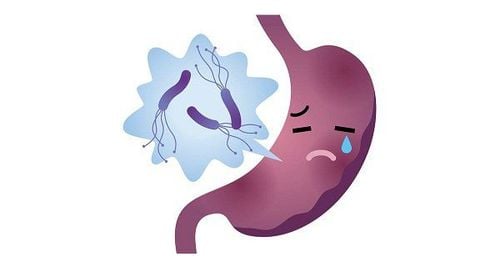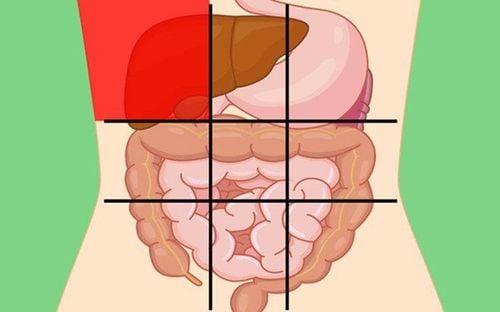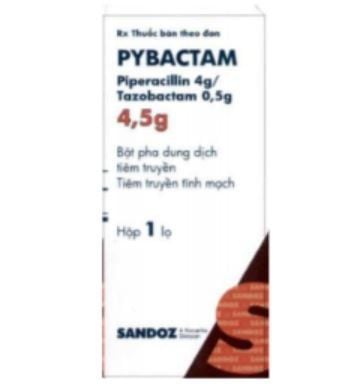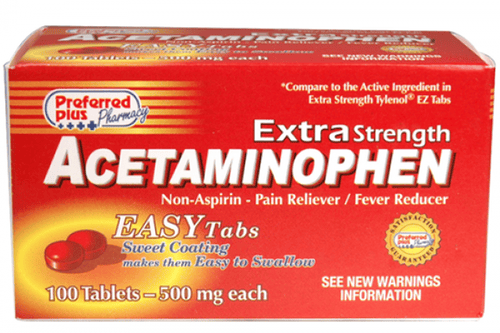This is an automatically translated article.
The article is professionally consulted by Master. BSCK II Phan Thi Minh Huong - Gastroenterologist - Department of Medical Examination & Internal Medicine - Vinmec Da Nang International General Hospital.Abdominal pain refers to discomfort in the area between the chest and pelvis. Most cases resolve quickly on their own or require only basic treatment. However, if abdominal pain is accompanied by severe symptoms or on the background of chronic diseases, it is necessary to seek medical attention immediately for timely examination and treatment.
1. What is abdominal pain?
Digestive problems are the most common cause of colic symptoms. Discomfort or abnormality in any organ or part of the abdomen can cause pain that radiates throughout the entire abdomen.The abdominal cavity contains many vital organs, muscles, blood vessels and connective tissues, including:
Stomach Kidneys Liver Small intestine and colon Appendices Pancreas Gallbladder Spleen Uterus, ovaries Bladder arteries Abdominal Owner Because there are so many organs that can be affected, abdominal pain can have many causes.
2. Common causes of abdominal pain
Many viruses can cause stomach flu. Stomach flu is spread by direct contact with an infected person or by consuming contaminated food or water. Most people with this condition recover within a few days without serious complications.Despite the name stomach flu, this illness is not the same as the flu. Influenza is a disease that affects the respiratory system including the nose, throat and lungs; while the stomach flu attacks the stomach and intestinal tract. Symptoms may include:
Diarrhea without blood Abdominal pain Nausea and vomiting Occasional muscle pain or headache Fever

Các nguyên nhân phổ biến gây đau bụng
2.2. Bloating
Intestinal gas is the gas present in the digestive tract. This gas leaves the body through the mouth when belching or through the anus when farting.
Bloating is an excess of gas in the stomach or intestines, which can cause bloating and gas in the stomach.
Common symptoms of intestinal gas intake include belching, gas, bloating, abdominal pain, and abdominal discomfort.
2.3. Irritable bowel syndrome Irritable bowel syndrome is also known as spastic colon, irritable colon, mucoid colitis, and spastic colitis. It is a separate condition from inflammatory bowel disease and is not related to other intestinal diseases.
Irritable bowel syndrome causes strong spasmodic pain and makes patients often suffer from digestive disorders, unstable stools, and uncomfortable eating.
2.4. Acid reflux Sometimes stomach acid goes backwards, moving up the throat. This reflux almost always causes a burning sensation and accompanying pain. Acid reflux also causes abdominal symptoms, like bloating or cramping.
2.5. Food Intolerance Food intolerance reflects an abnormality in metabolic function related to the ability to digest food.
There are many causes of food intolerance, but the main cause is the lack of a specific digestive enzyme in the body. People with food intolerance often have a slower onset of symptoms (usually a few hours to a few days after ingesting the food intolerance), which is not related to the immune system, and also Not as life-threatening as a food allergy. Common symptoms include:
Nausea Stomach pain Gas, cramping, or bloating Vomiting Heartburn Diarrhea Headache Irritability or tension Chronic fatigue Skin problems Symptoms of indigestion Food tolerance is similar to that of a drug overdose. With a small amount of food there should be no problem, but in a larger amount the reaction will be rash, redness, stomach pain, vomiting, diarrhea and a fast and pounding heart.
2.6. Gastroesophageal reflux disease Gastroesophageal reflux disease is a condition in which acid refluxes from the stomach into the esophagus. It causes symptoms like abdominal pain, heartburn, heartburn and nausea, sore throat, etc. If left untreated, it can lead to many complications, such as esophagitis and even esophagitis. even esophageal cancer.

Bệnh trào ngược dạ dày thực quản
The inflammation caused by Crohn's disease often spreads deep into the layers of affected intestinal tissue. Like ulcerative colitis, Crohn's disease can be painful and debilitating, sometimes leading to life-threatening complications.
2.8. Celiac disease Celiac disease occurs when a person is allergic to gluten, a protein found in many grains, such as wheat and barley. It causes inflammation in the small intestine, leading to pain. Diarrhea and bloating are also common symptoms. Over time, malnutrition can occur, leading to weight loss and exhaustion.
People with this disease need to avoid eating foods containing gluten.
2.9. Urinary tract and bladder infections Urinary tract infections are usually caused by bacteria, mainly E.coli, that invade the urethra and bladder, causing a bladder infection or cystitis.
Symptoms include pain, tenderness and bloating in the lower abdomen. Most infections have symptoms such as painful urination, frequent urge to urinate, and cloudy, foul-smelling urine.
2.10. Other causes In some cases, abdominal pain is a dangerous sign that can be fatal if not treated immediately.
Less common causes of abdominal pain include:
Appendicitis (a ruptured appendix) or any other ruptured abdominal organ Kidney infection, kidney disease, or kidney stones Hepatitis Gallstones Gallstones Food poisoning Parasitic infections Abdominal organ infections Heart disease, such as atypical angina or congestive heart failure Organ cancer, notably stomach, pancreatic, liver or bowel cancer Diaphragmatic hernia (hiatal) hernia) Cysts that have invaded or damaged another abdominal organ.
3. Should stomach pain see a doctor?
Most cases of abdominal pain are not serious and symptoms are treated at home, with rest and rehydration within a few hours to a few days. Many medications are available over-the-counter, such as medications. Antacids and medications for bloating also help reduce and control symptoms. Over-the-counter antacids can help control colic symptoms. However, acute (sudden and severe) or chronic (long-lasting) abdominal pain is often a sign of conditions requiring care. medical and treatment. Symptoms that require medical attention for abdominal pain include:Unexplained weight loss Unexplained exhaustion Changes or disturbances in bowel movements, such as chronic constipation or diarrhea, that doesn't go away within hours or days Rectal bleeding or blood in stools Abnormal vaginal discharge Chronic pain that continues after taking over-the-counter medications or returns after stopping prescriptions Signs of a urinary tract infection

Khám bác sĩ khi có biểu hiện lạ
Sudden, severe abdominal pain, especially if accompanied by a fever above 39 degrees Celsius Bloody or black stools Uncontrollable vomiting, especially if vomiting blood No able to urinate Fainting or unconscious Pain that quickly gets worse Pain in the chest, especially around the ribs, spreading to the abdomen Severe abdominal pain that does not subside when lying still Here is information about abdominal pain , causes of abdominal pain and warning signs that patients need to see a doctor. Knowing this information helps us not to panic when we see symptoms of abdominal pain and know how to handle it to ensure safety for our health.
Doctor Huong has over 30 years of experience in the field of Gastroenterology, in which with nearly 20 years holding the position of Deputy Department, Head of Department of Hue Central Hospital. Currently, he is a Doctor of Gastroenterology - Gastrointestinal Endoscopy - General Internal Medicine Department of Vinmec Da Nang International General Hospital.
Please dial HOTLINE for more information or register for an appointment HERE. Download MyVinmec app to make appointments faster and to manage your bookings easily.













